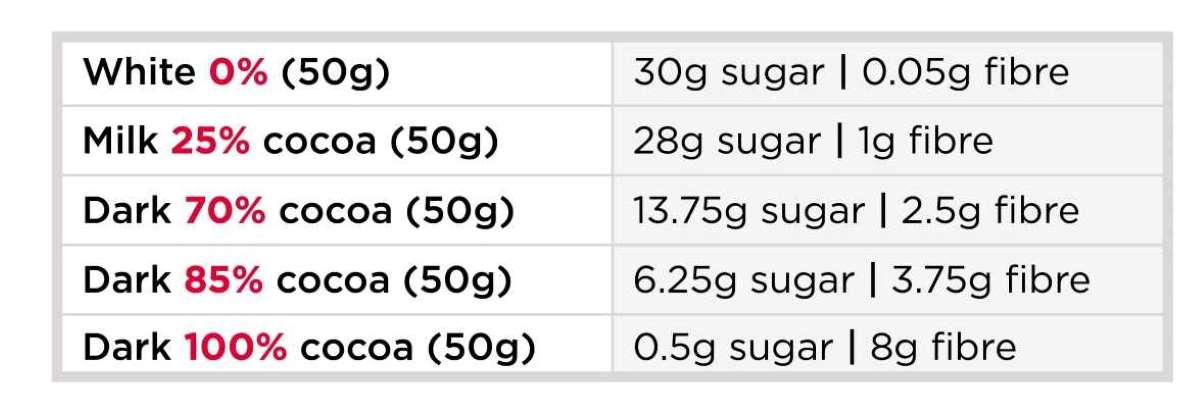You won’t meet many people in life who do not like chocolate. Cadburys, Lindt, Hershey’s and many more popular chocolate brands are something we all enjoy, but unfortunately, it tends to come with a side of guilt and an overindulgence that needs to point blank be avoided in the name of “health.”
The question on everyone lips is will it stall your fat loss efforts or even worse, make you gain weight?
Let us dive a bit deeper into whether you can continue to lose fat whilst still enjoying the sweet stuff.
Is chocolate fattening?
No food is inherently bad or fattening unless we overeat them. The same goes for chocolate.
For a food to be fattening, it would have to cause us to store body fat regardless of our energy balance. It would also defy the laws of thermodynamics.
That is not to say that food choices are irrelevant. It simply highlights the fact that it is energy balance that is the most important factor for fat loss success however we may achieve that.
With that in mind, some foods are more nutritionally dense and support our physiology and health better than others. Chocolate is very easy to overeat because it is calorie-dense and hyperpalatable.
Instead, eating a variety of whole foods ensuring plenty of quality protein, healthy fats, fruits and vegetables will ensure your body is getting all the nutrients it needs to perform optimally and support your health and fat loss goals.

Is chocolate healthy?
Chocolate comes from cacao, a plant full of minerals and antioxidants that can provide several health benefits.
Before you go running to your cupboard to rip open that bar of Cadbury’s, we are talking about cocoa here, not milk chocolate or white chocolate, and it is essential to know the difference.
Milk and white chocolate are made up of mainly sugar, cocoa butter, milk or milk powder as base ingredients. There is actually very little cocoa in there! Real chocolate, the dark, deliciously bitter-sweet stuff, is the one that is lower in sugar and contains antioxidants.
Here is a rough comparison for reference:

Why should you want more cocoa?
Cocoa is rich in flavanols that act as antioxidants. Some research suggests that it may help lower the risks of heart disease, improve blood pressure [1], reduce inflammation [2] and insulin resistance [3].
At least 85% cocoa chocolate will give you a higher percentage of cocoa per bite to reap some health benefits.
Therefore, dark chocolate might be the better option than your usual high sugar, processed snacks. Keep in mind that it is still high in calories, particularly fats, and if you want to include it in your diet, do so in moderation.

Can I eat chocolate and still reach my goals?
Quite simply, there is no such thing as fat loss food, and no food is inherently bad. However, some foods support fat loss goals more than others.
Certain foods make it a lot easier to stick to the plan because they share characteristics that enable us to control our appetite better. They also improve other factors such as recovery, stress, cognition, sleep, and performance.
These “fat-loss friendly foods” are not the only way to lose body fat, but they simply make the task easier. However, avoiding the sweet stuff altogether could be soul-crushing and make it challenging to stay consistent to your plan.
Therefore, it is a question of creating a balance of what will keep us feeling fullest for the longest and provide us with all the nutrients our body needs while keeping us relatively sane.
So, when it comes to reaching your fat loss goals, make sure you are ticking these all-important boxes:
- You are consistently in a calorie deficit
- Your diet consists mainly of nutrient-dense whole foods
- You achieve a consistent level of daily activity
- You are resistance training
- You are managing your stress and sleep
If you do want to include chocolate in your diet but have specific goals, switching to the dark stuff could be a better alternative, but bear in mind that it is still high in calories, so do so in moderation.
If you want to get your chocolate fix, try our highly versatile chocolate greens powder, Chocotrients!



